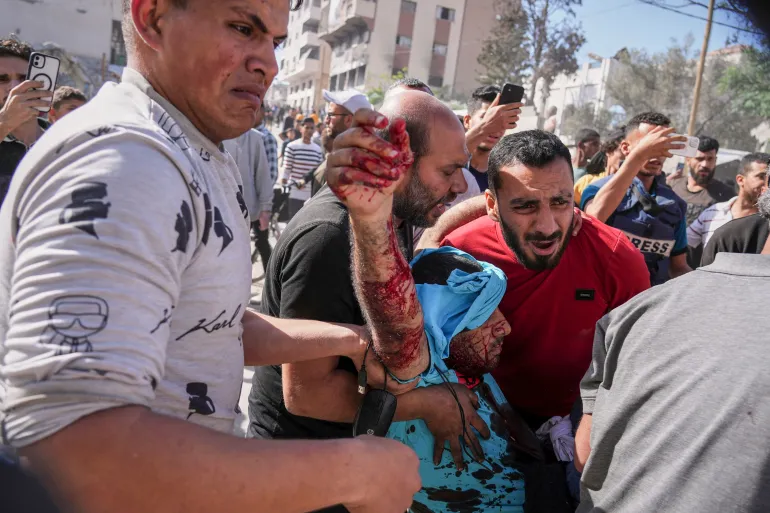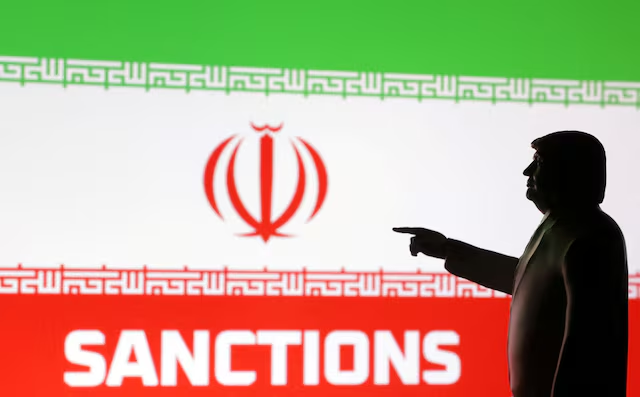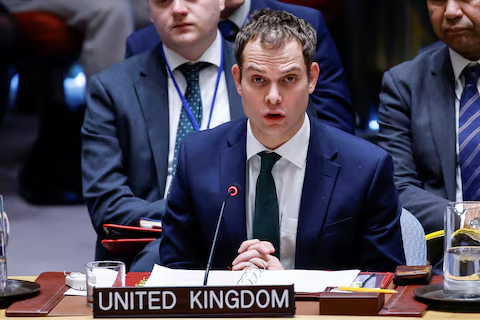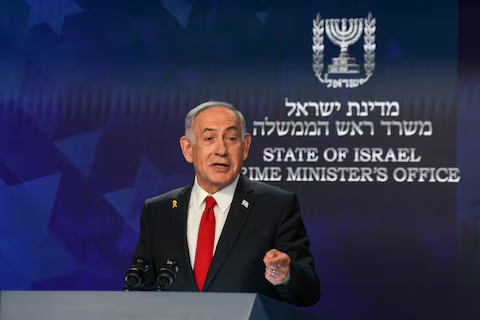On May 10, 2025, Israeli military operations in the Gaza Strip resulted in the deaths of at least 21 Palestinians, including several children, amid an ongoing blockade that has severely restricted the flow of humanitarian aid into the enclave. The attacks have intensified the humanitarian crisis in Gaza, where residents are grappling with shortages of food, medicine, and other essential supplies.
Among the casualties were five members of the Tlaib family, including three children, who were killed when Israeli warplanes bombed their tent in the Sabra neighborhood of Gaza City. Omar Abu al-Kass, the children’s maternal grandfather, stated that the strike occurred without warning while the family was sleeping. In Deir al-Balah, four Palestinians were killed when an Israeli airstrike targeted a tent sheltering displaced families. Additional attacks in Gaza City’s Tuffah and Sheikh Radwan neighborhoods, as well as on the shores of Rafah, resulted in further casualties.
The Israeli blockade, in place since March 2, has led to severe shortages of food and medical supplies. Charity kitchens, once a vital source of sustenance for many Gazans, are shutting down due to lack of resources. World Central Kitchen, a U.S.-based charity, announced it could no longer operate in Gaza as it had run out of supplies to prepare meals. Al Jazeera’s Hind Khoudary reported from Deir el-Balah that people are queuing for hours at the few remaining food distribution points, often leaving empty-handed.
The United Nations Office for the Coordination of Humanitarian Affairs has appealed for the blockade to be lifted, highlighting that children are starving and dying, community kitchens are closing, and clean water is running out.
The blockade’s impact extends beyond food shortages. Patients with chronic illnesses such as cancer and diabetes are suffering due to the ban on the entry of all items, including medicine. The lack of fuel and cooking gas has further exacerbated the crisis, hindering the operation of hospitals and other essential services.
International humanitarian organizations have condemned the blockade, with some labeling it as a form of collective punishment. Human Rights Watch and the United Nations have stated that using starvation as a method of warfare constitutes a war crime. The International Court of Justice has ordered Israel to facilitate the flow of aid and lessen humanitarian suffering in Gaza.
As the situation in Gaza deteriorates, calls for an immediate ceasefire and the lifting of the blockade are growing louder. The international community faces mounting pressure to intervene and ensure the delivery of humanitarian aid to alleviate the suffering of Gaza’s civilian population.
Source: Al Jazeera



